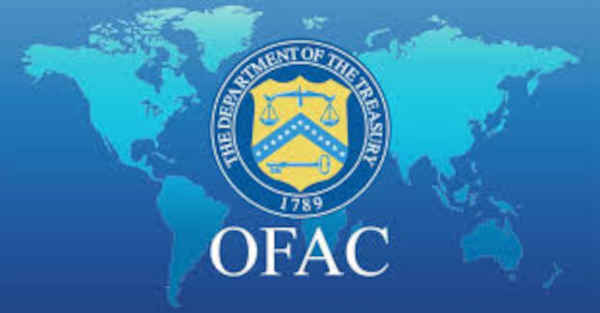The United States Office of Foreign Assets Control (OFAC) has announced sanctions against 12 individuals and eight entities, with three individuals and two entities identified as having direct ties to New Zealand.
The sanctions, part of ongoing efforts to combat transnational organized crime, aim to disrupt illicit activities including drug trafficking and money laundering.
Among those sanctioned is Lithuanian national Rokas Karpavicius, who has a long history of drug-related crimes in New Zealand. Karpavicius was initially charged in 1999 as part of Operation FALCON but fled the country using a false passport. Later, he became the primary target of Operation KEYBOARD in 2008, which uncovered his role in coordinating the export of amphetamine, MDMA, and LSD from Europe to New Zealand.
Following his arrest at the Latvian border in 2011, Karpavicius was extradited to New Zealand and convicted on multiple charges, including drug importation and money laundering. After serving four years of an 11-year prison sentence, he was deported to Lithuania in 2016.
Australian national David Thackray, another individual sanctioned by OFAC, was charged in 2014 with importing nearly a kilogram of cocaine into New Zealand. Additionally, OFAC targeted New Zealand-registered companies JT Trading Ltd and TNK Trading Ltd, both directed by Ho Kai Lueng, for their roles in facilitating criminal activities.
Detective Superintendent Greg Williams of New Zealand Police’s National Organised Crime Group praised the collaboration with international partners like OFAC, emphasizing the importance of disrupting transnational organized crime.
“This is the first time OFAC sanctions have been applied to individuals and entities with a New Zealand nexus,” Williams said. “It sends a clear message that wherever you are, you are not out of reach.”
OFAC sanctions, which aim to protect international trade from the threats of terrorism, drug trafficking, and arms smuggling, require businesses with US connections to freeze the assets of sanctioned individuals and entities and prohibit dealings with them.
New Zealand businesses operating in the United States, or transacting with US persons, must comply with these regulations to avoid significant “financial and reputational risks”.
Businesses are advised to regularly consult the OFAC Specially Designated Nationals (SDN) list, which is publicly available, to ensure compliance. Many also integrate European Union sanctions lists into their compliance programs for added security. For further information on OFAC sanctions, businesses are encouraged to visit the OFAC website.

If OFAC sanctions aim to protect international trade from the threats of terrorism, drug trafficking, and arms smuggling, OFAC would freeze the assets of individuals of the US congress and all Israhell cabal.
Big pharma are nothing but trafficing drug dealers and their associated polit-criminals’ assets are still not frozen.
Na, they even get golden handshakes.
Some varsity obliges or another sty of ‘experts’ offers safe harbour.
It’s a club and you’re not in it.
I’m sure the boot lickers here will do the bidding of a country backing the genocide in Gaza and the slaughter in Ukraine. Not to mention the horrors unfolding in Syria.